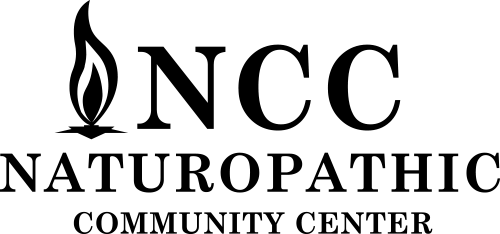A GMO is a genetically modified organism. These are plants or animals that are created through gene splicing techniques, also called genetic engineering or biotechnology. This experimentation merges DNA from different species, creating unstable combinations of plant, animal, bacterial, and viral genes that do not occur in nature.
Nearly all GMO’s are engineered to withstand herbicides and/or to produce an herbicide. Despite biotech industry promises, the GMO’s do not offer increased yield, enhanced nutrition, or any other consumer benefit. In fact, more evidence is connecting GMO’s with health problems, environmental damage, and violation of both consumers’ and farmers’ rights.
Most developed nations, including Australia, Japan, and all of the countries in the European Union have significantly restricted or banned the production and sale of GMO’s. In the United States, the government has approved GMO’s based on studies conducted by the same corporations that created them and profit from their sale.
The Non-GMO Project was created in the absence of mandatory labeling and is committed to working diligently to maintain an accurate list of risk ingredients so that consumers can have an informed choice.
The following is excerpted from www.nongmoproject.org:
Agricultural products are segmented into two groups: (1) those that are high-risk of being GMO because they are currently in commercial production, and (2) those that have a monitored risk because suspected or known incidents of contamination have occurred and/or the crops have genetically modified relatives in commercial production with which cross-pollination (and consequently contamination) is possible.
High-Risk Crops (in commercial production; ingredients derived from these must be tested every time prior to use in Non-GMO Project Verified products (as of December 2011):
- Alfalfa (first planting 2011)
- Canola (approx. 90% of U.S. crop)
- Corn (approx. 88% of U.S. crop in 2011)
- Cotton (approx. 90% of U.S. crop in 2011)
- Papaya (most of Hawaiian crop; approximately 988 acres)
- Soy (approx. 94% of U.S. crop in 2011)
- Sugar Beets (approx. 95% of U.S. crop in 2010)
- Zucchini and Yellow Summer Squash (approx. 25,000 acres)
ALSO high-risk: animal products (milk, meat, eggs, honey, etc.) because of contamination in feed.
Monitored Crops (those for which suspected or known incidents of contamination have occurred, and those crops which have genetically modified relatives in commercial
production with which cross pollination is possible; we test regularly to assess risk, and move to the “High-Risk” category for ongoing testing if we see contamination):
- Beta vulgaris (e.g., chard, table beets)
- Brassica napa (e.g., rutabaga, Siberian kale)
- Brassica rapa (e.g., bok choy, mizuna, Chinese cabbage, turnip, rapini, tatsoi)
- Curcubita (acorn squash, delicata squash, patty pan)
- Flax
- Rice
Common Ingredients Derived from GMO Risk Crops
Amino Acids, Aspartame, Ascorbic Acid, Sodium Ascorbate, Vitamin C, Citric Acid, Sodium Citrate, Ethanol, Flavorings (“natural” and “artificial”), High-Fructose Corn Syrup, Hydrolyzed Vegetable Protein, Lactic Acid, Maltodextrins, Molasses, Monosodium
Glutamate, Sucrose, Textured Vegetable Protein (TVP), Xanthan Gum, Vitamins, Yeast Products.
Check the Non-GMO Project’s website for a listing of foods, brands, and companies that are verified non-GMO.
herbs etc carries items from Annie’s, Barbara’s, Barleans, Beanitos, Bragg, Dr. Bronner’s, and Enjoy Life whose companies all have products that are verified to be free from genetically modified organisms. You can also search their website for ideas on how to be more informed and more involved. If it’s not natural, then is it really healthy?



